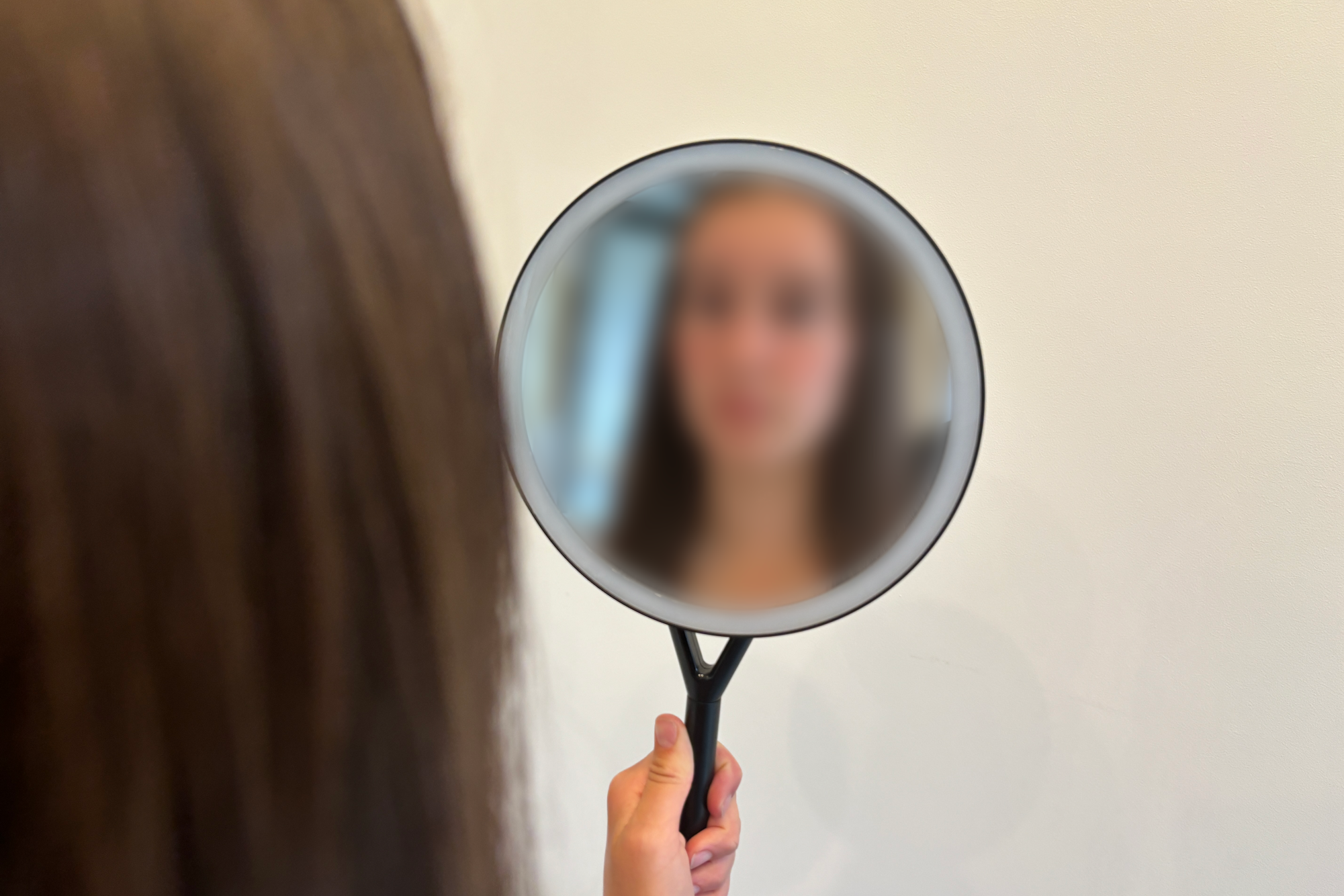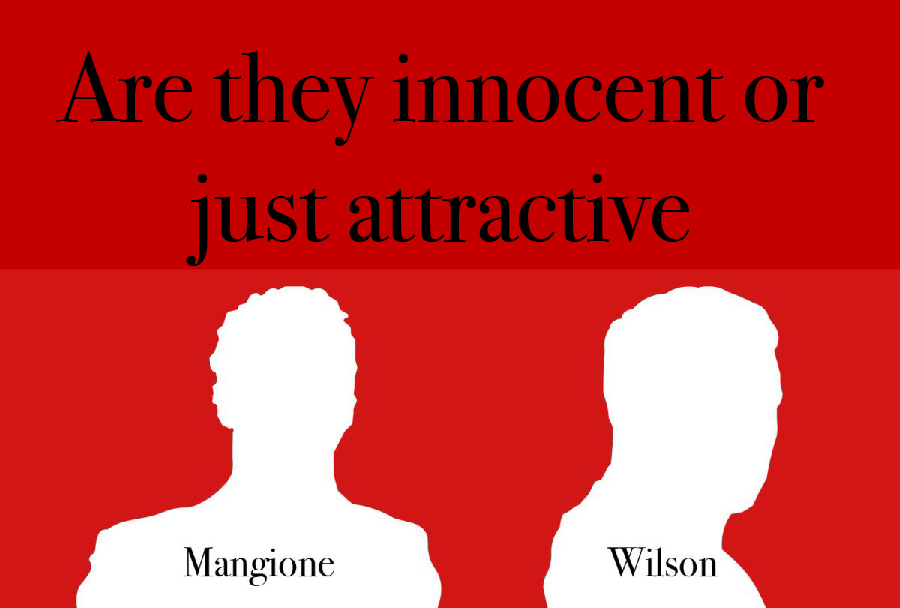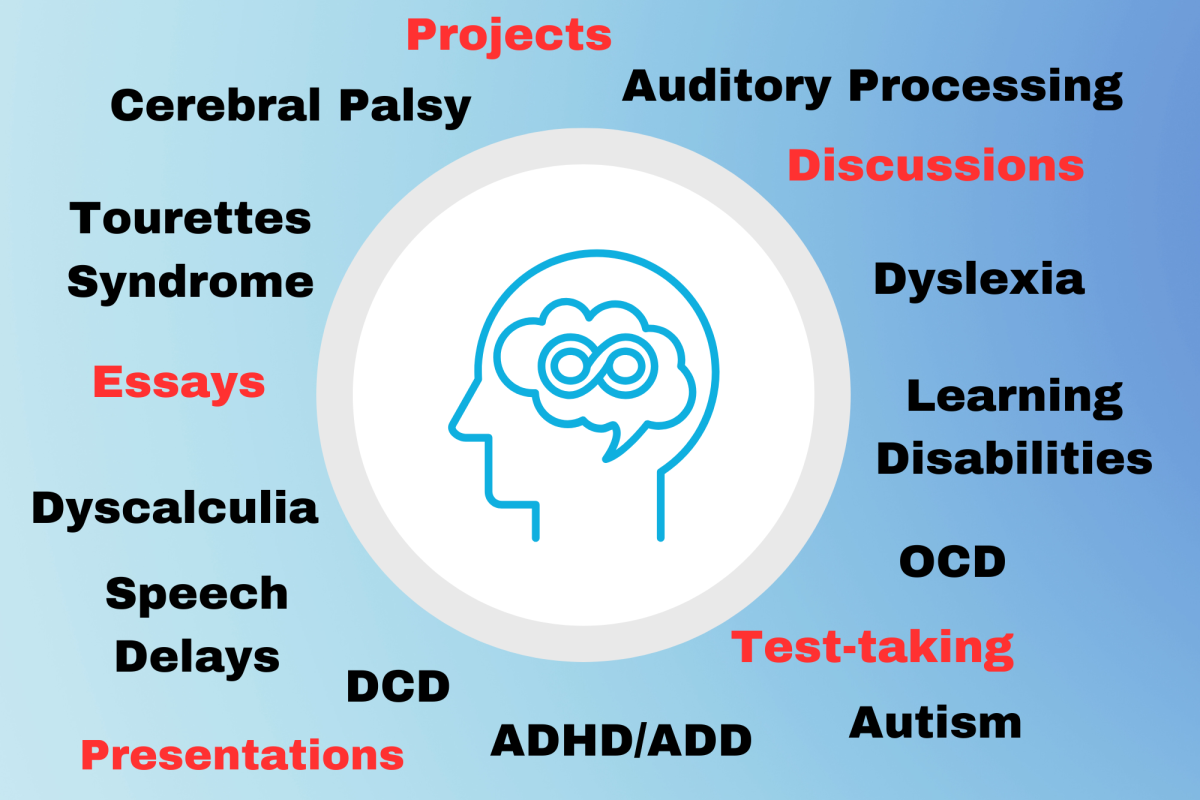Many people living in modern American culture have seen the classic “Mean Girls” movie scene, where three high school girls take turns criticizing their looks in front of the mirror, one after another, as if a regular hobby. They glare at the new girl in their clique, Cady, waiting for her to join in on the negative self-talk, but she struggles to make something up on the spot. Being a new student and having recently moved into their town, Cady did not realize how much capacity the girls have for self-criticism and their stubborn inability to accept who they are.
Like shown in “Mean Girls,” women and girls are expected to consistently strive to be someone else and to change something about ourselves. We are expected to have a list of insecurities ready to go when we receive a compliment. We are not supposed to be too much of this or too little of that. We are pressured to look a certain way, speak a certain way and behave a certain way. We are raised to be robots in a world that is much too wonderful to live as someone you are not.
The only reason this is expected of us is because society has conditioned us to believe that beauty is objective. We are conditioned to believe beauty is something that we are never allowed to believe that we, ourselves, have. Research by the Dove Self-Esteem Project found that only 4% of women and 11% of girls consider themselves beautiful. The products that are advertised to us, the people we see on social media and the beauty ideals that are set in our everyday lives teach us to never remain satisfied or happy with our appearance. Beauty standards continue to become harder to attain, which further places a strain on our lives and confidence levels.
When I was younger, sometimes I would look in the mirror and say something I didn’t like about myself. “I hate how I have these dark circles under my eyes,” I thought. “I hate the way my ears stick out.” Even as early as the ages of 8 or 9, the toxic beauty standards that had been instilled in each one of us were making me insecure. When my mom overheard, she made me say something I love about myself for everything I said I didn’t like. At first, it was uncomfortable because society had taught me that I wasn’t allowed to love myself.
My mom’s suggestion really helped me learn how to be okay with loving myself. As I got older, I started trying to identify the times I would engage in negative self-talk. By simply acknowledging this behavior, it prevented it from becoming a regular, subconscious practice in my life. Next time you glance at yourself in the mirror and immediately say something that bothers you about your appearance, I encourage you to take a step back, and as awkward as you might feel, try to find something you love about yourself. At the end of the day, would you say the negative things you were saying to yourself to someone you love? Probably not.
It is also important to recognize that everyone is so vastly different. You only get one of you, and the world only gets one of you. Unlike the idea of “Instagram face,” a standard of beauty that shows women’s faces as all the same and the current beauty ideal, each person’s unique features are what makes them themselves. No one is better or worse, yet we are all one of a kind, which makes us irreplaceable.
“Beauty” is immeasurable because there is nothing to compare it to. It is subjective because anything you think is beautiful is beautiful. No one is perfect, and we know that, so why are we still held to standards that expect us to be? Who is to say that all women and girls should be compared to a non-existent flawless ideal? What is stopping us from not feeling the need to change ourselves to rank better on this imaginary scale of what being “beautiful” or “pretty” means?
I believe it is possible to defy expectations conditioned by society to create a world where we are allowed to accept ourselves.














